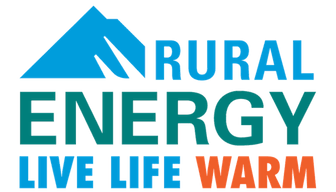Welcome to the Rural Energy "N" Glossary Terms!
At Rural Energy, we understand that the world of renewable energy and sustainable solutions can sometimes seem complex and filled with technical jargon. That's why we've created this comprehensive Glossary Page – to help demystify and clarify the terms and concepts you'll encounter on your journey towards a greener, more sustainable future.
Whether you're a homeowner looking to make energy-efficient upgrades, a business exploring renewable energy options, or simply someone curious about the latest eco-friendly technologies, our glossary is here to provide clear, concise definitions.
RuralEnergy.com is more than just a resource; it's a community dedicated to advancing rural energy solutions that are sustainable, efficient, and practical. We believe that understanding the language of renewable energy is the first step in making informed decisions that benefit both the environment and your specific needs.
Your Partner in Rural Energy Solutions
As you explore our glossary, remember that Rural Energy is here to assist you every step of the way. From initial inquiries to the implementation of sustainable energy solutions, our team of experts is committed to providing guidance tailored to the unique challenges and opportunities of rural environments.
We invite you to use this glossary as a starting point for your journey into a more sustainable future. Should you have any questions or need further assistance, our team at RuralEnergy.com is always ready to help.
Let's embark on this journey together – towards a cleaner, more sustainable world.
